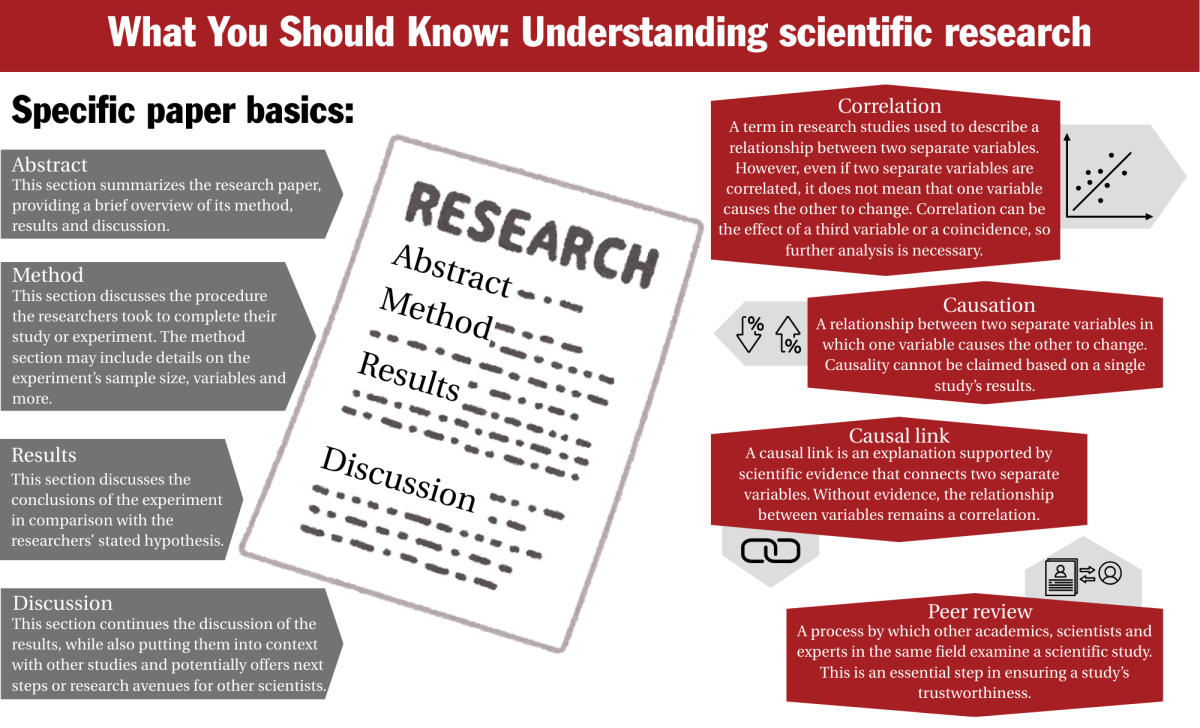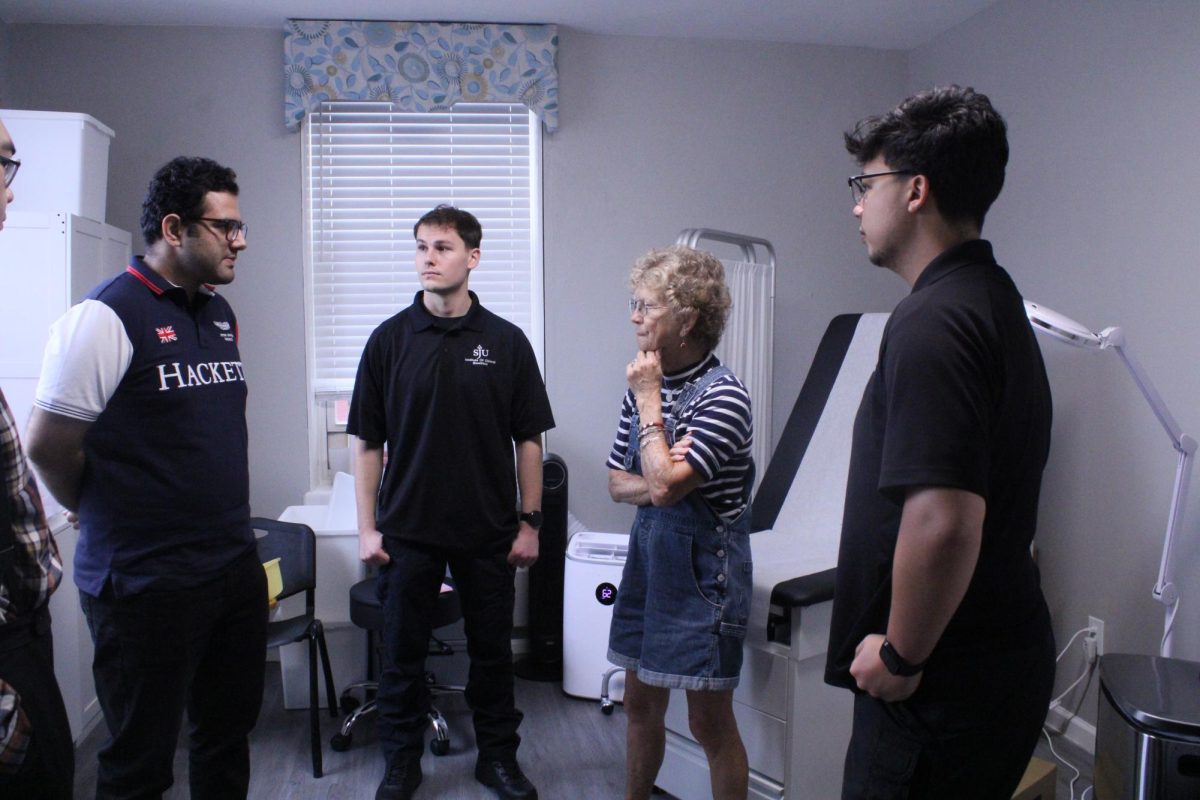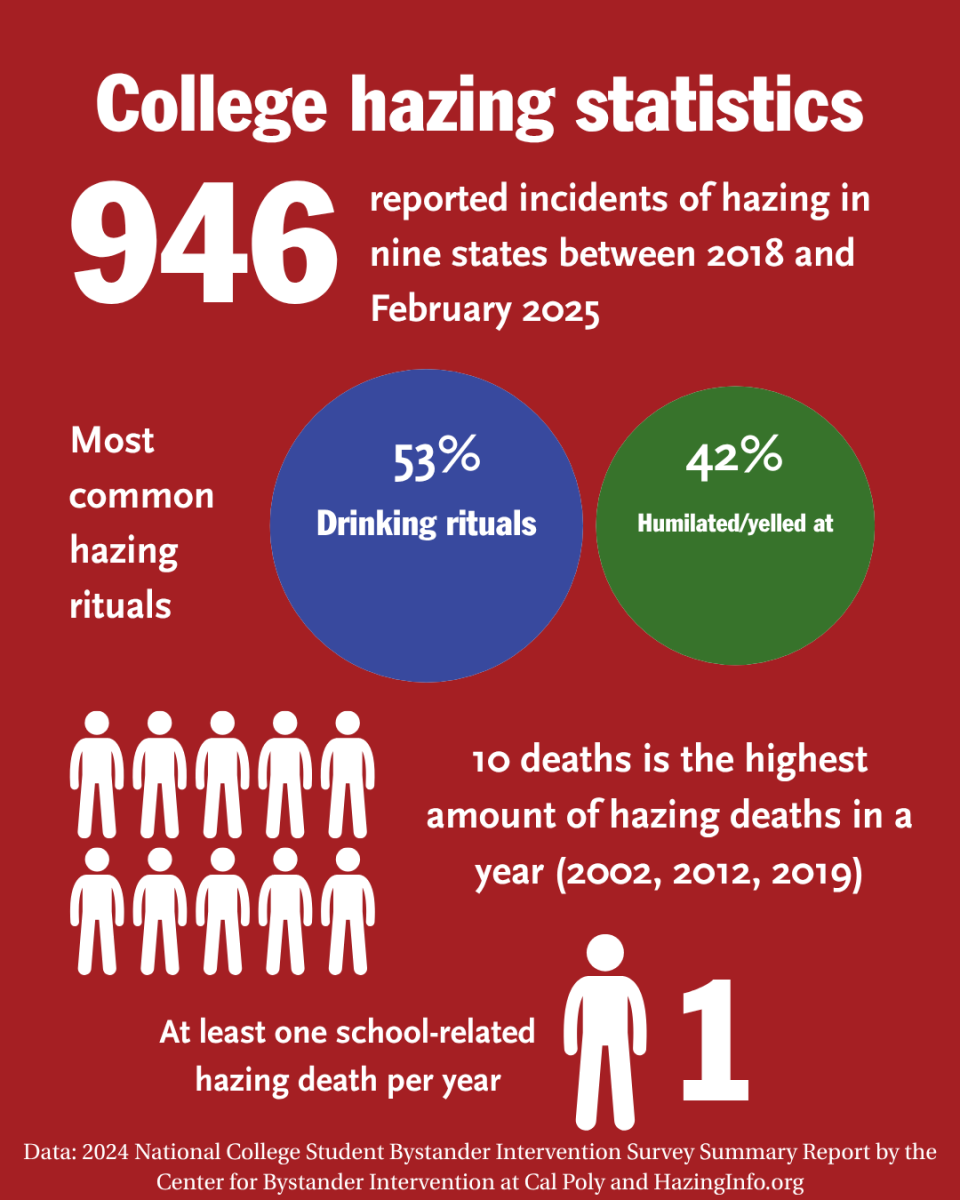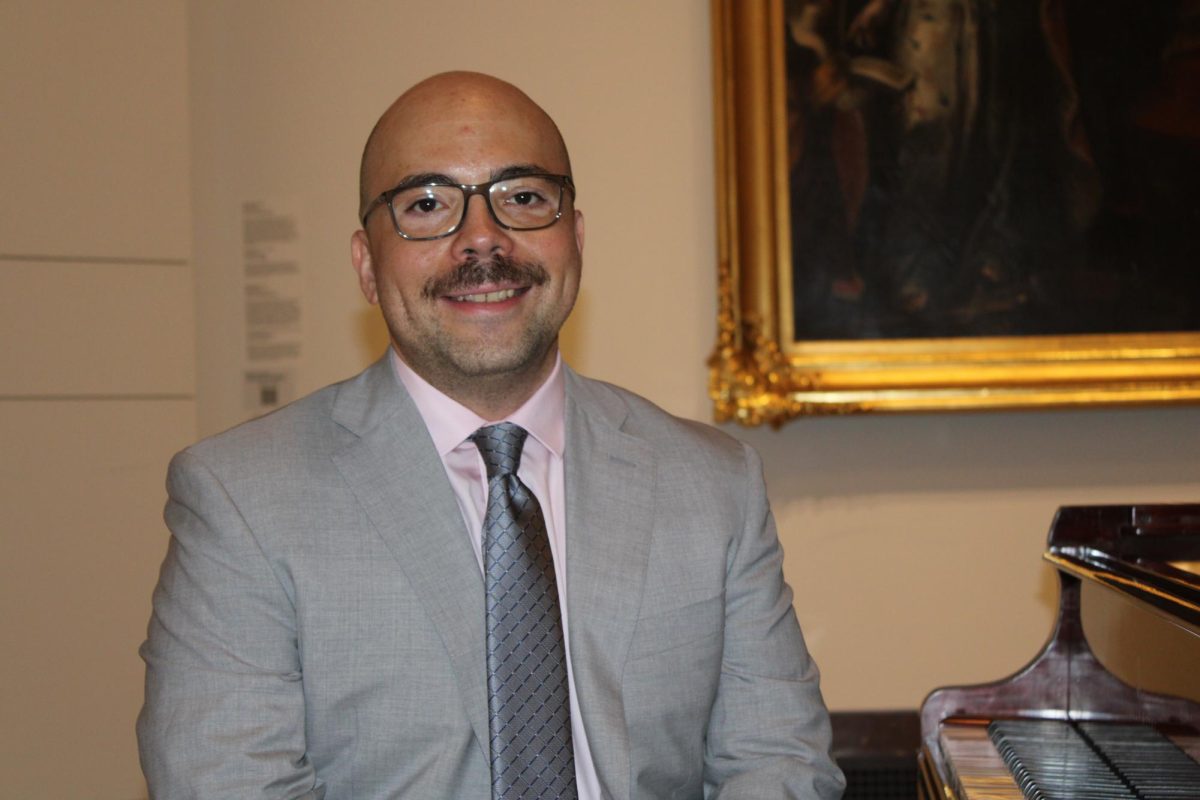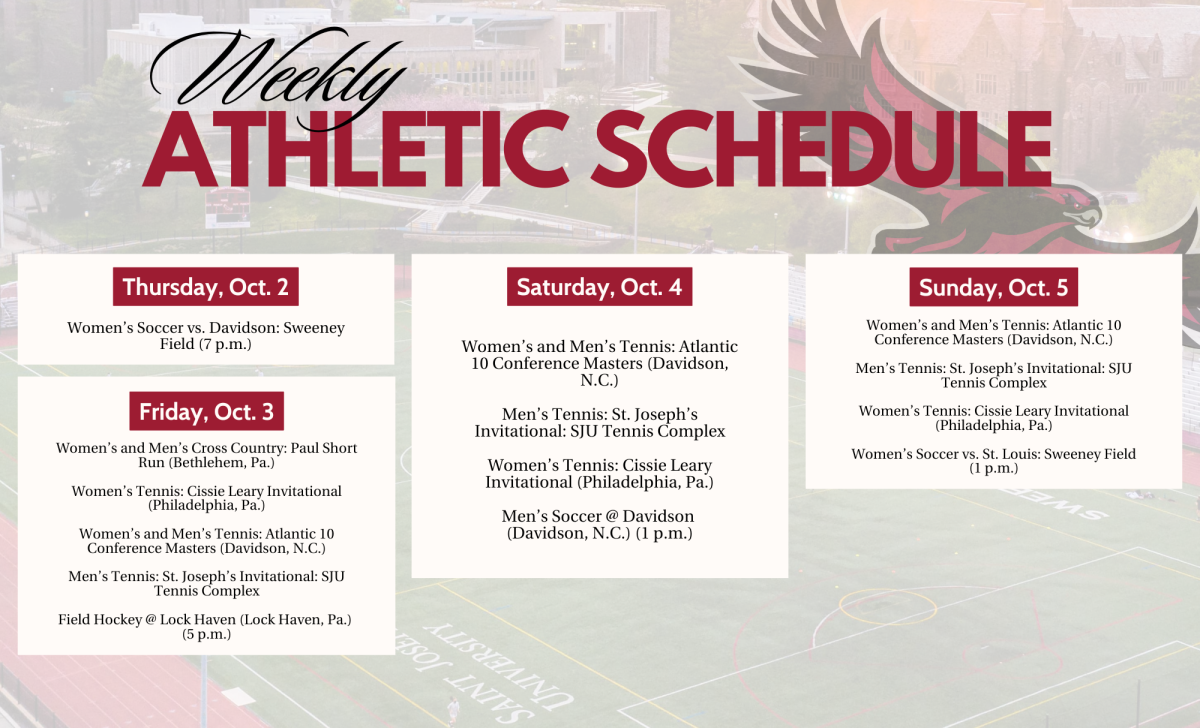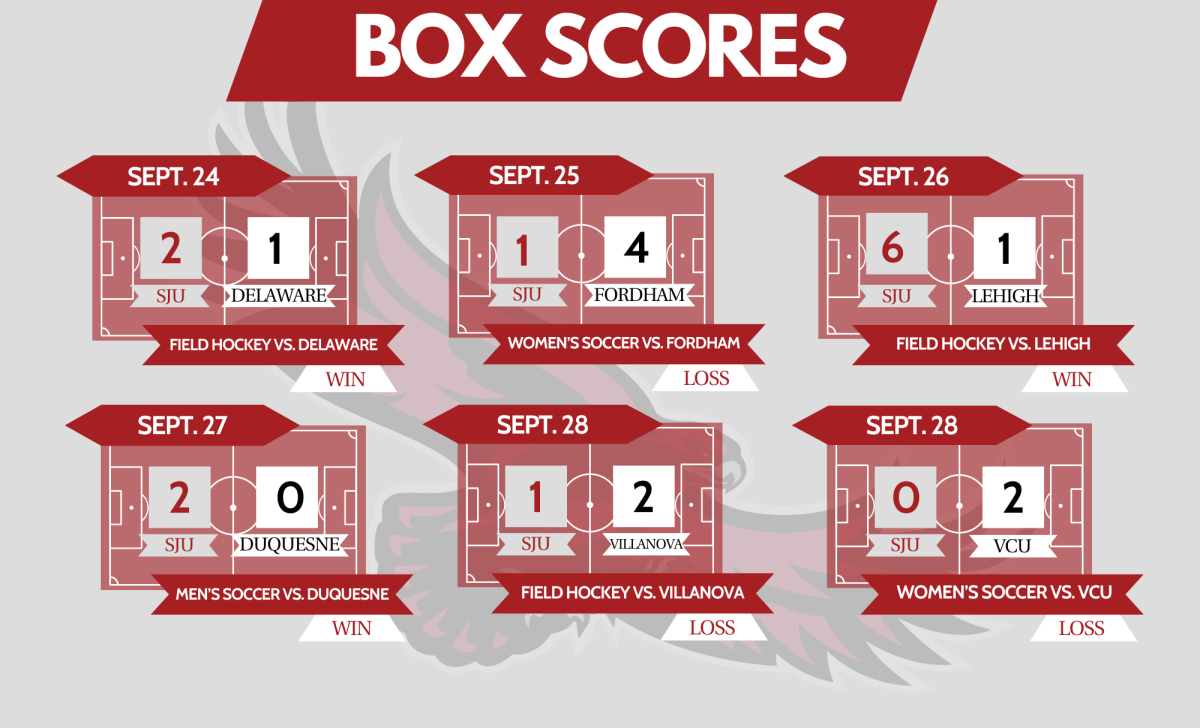Graduate education’s rising costs are currently threatening to transform advanced degrees from viable career advancement routes into privileges reserved for the wealthy. Amid these challenges lies an underutilized truth: Substantial funding opportunities exist for those who know where to look and how to compete effectively.
Many students focus exclusively on loans, missing specialized federal opportunities like TEACH grants for education students and prestigious Fulbright Graduate grants for international studies. Even strong candidates face rejections, but persistent applicants who refine their materials and reapply to different opportunities often find that each rejection provides insights that strengthen subsequent applications. Private organizations offer grants that support specific fields through platforms such as GrantForward, where institutional grants encourage diversity and support field-specific research.
For veterans, graduate education funding represents one of the most significant returns on military service. Yellow Ribbon schools can cover most or all tuition costs for post-9/11 veterans, with institutions such as Northeastern delivering more than $11.2 million in funding through this program alone. The Post-9/11 GI Bill can cover remaining tuition costs and the costs of living and books, creating comprehensive educational support that transforms military service into advanced degree opportunities.
Graduate school funding increasingly emphasizes real-world experience integration. Students can access Federal Work-Study programs, and institutions such as Drexel University offer graduate students six-month periods of hands-on experience with employers in their chosen industries.
Perhaps the most overlooked funding source involves employer tuition reimbursement programs. Companies spend around $28 billion annually on educational assistance programs, yet only 2% of eligible employees utilize these programs, despite the average annual assistance of $10,500 for graduate education.
Funding success demands treating financial aid pursuit as a professional endeavor. Students who complete optional questions on scholarship applications match twice as many scholarships as those answering only the required questions. Year-round vigilance proves essential, as opportunities emerge continuously.
Smart funding strategies transform graduate school from a financial burden into strategic career investment, proving that with proper preparation and persistent effort, debt-free advanced education can be achievable.

